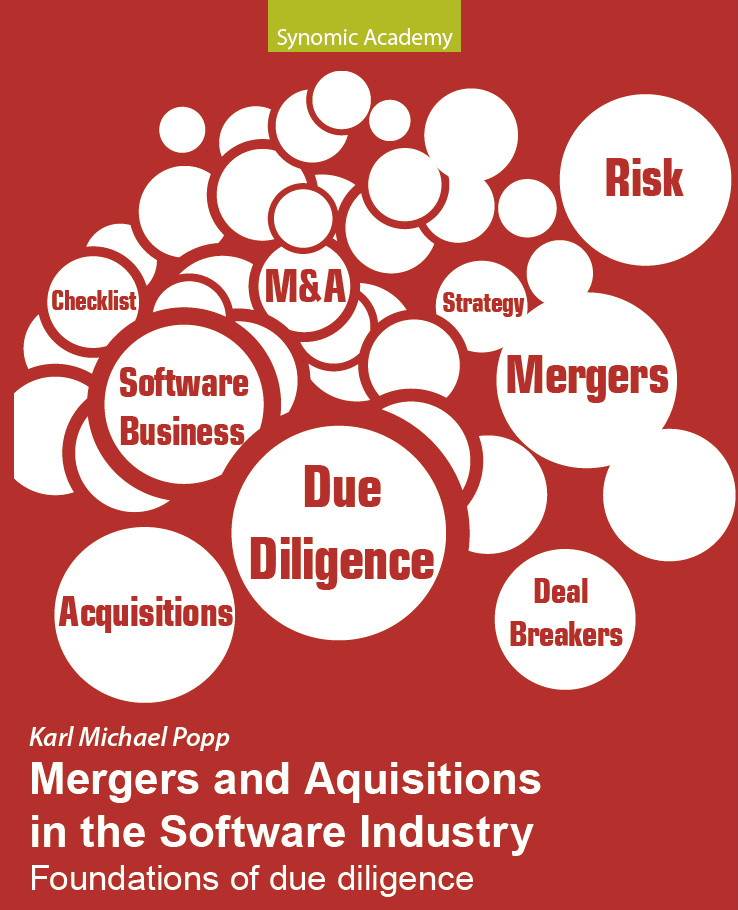Artificial intelligence in portfolio management
This blog is in the Top 25 M&A blogs worldwide according to Feedspot
In today's rapidly changing financial landscape, staying ahead of the game is crucial for successful portfolio management. With the advent of artificial intelligence (AI), the world of finance has seen a remarkable transformation. AI technologies have revolutionized portfolio management, enabling investors to make smarter, more informed decisions.
One of the key benefits of AI in portfolio management is its ability to analyze vast amounts of data in real-time. Traditional portfolio management methods often rely on historical data and subjective decision-making. However, AI-powered algorithms can quickly process and analyze large data sets, identifying patterns and market trends that may be missed by human analysis alone.
AI can also help minimize human bias, a common challenge in portfolio management. By using algorithms to make investment decisions, AI removes emotions from the equation and makes objective choices based on data. This reduces the risk of irrational decision-making influenced by market volatility or personal preferences.
Another advantage of AI in portfolio management is its ability to provide personalized investment strategies. By incorporating machine learning techniques, AI can customize investment approaches based on individual risk tolerance, financial goals, and market conditions. This level of personalization ensures that portfolios are tailored to the unique needs and preferences of each investor.
Furthermore, AI technologies can continuously monitor and adjust portfolios in real-time. By analyzing market conditions and relevant news, AI algorithms can determine when to buy or sell stocks, optimize asset allocations, and rebalance portfolios. This dynamic approach enables portfolio managers to adapt quickly to changing market trends and maximize investment returns.
However, it's important to note that while AI offers significant advantages in portfolio management, it is not meant to replace human expertise. Instead, it should be seen as a powerful tool that complements human decision-making. Successful portfolio management requires a combination of AI-driven insights and the experience and judgment of skilled professionals.
In conclusion, artificial intelligence is transforming the field of portfolio management. By leveraging AI technologies, investors can gain valuable insights, minimize bias, personalize investment strategies, and adapt to changing market conditions. Embracing AI in portfolio management is essential for staying competitive in today's fast-paced financial world.
Like my thoughts? READ MY NEW BOOK
ORDER AT AMAZON
ORDER IN GERMANY









